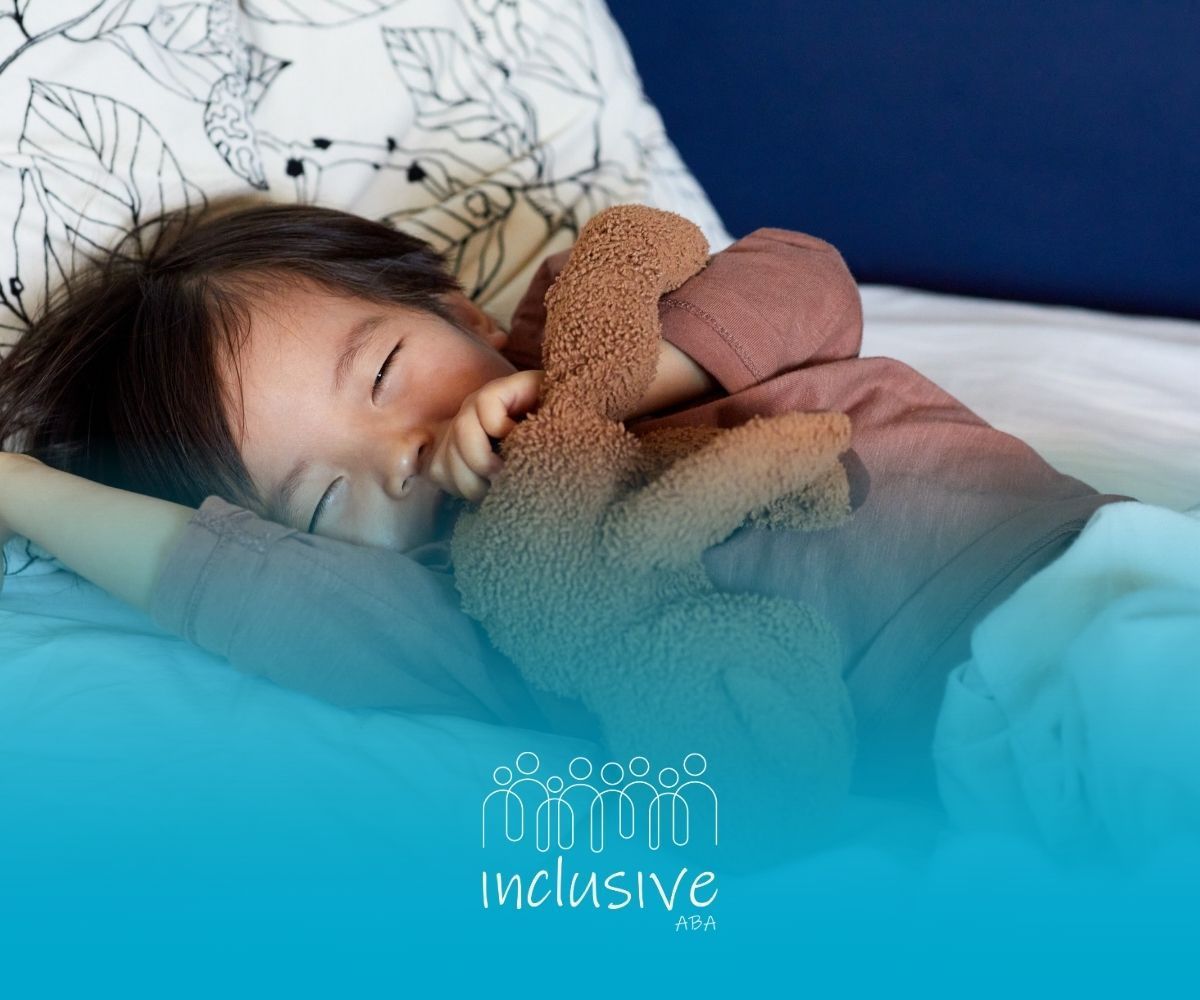Autism and Genetics: Do Mothers or Fathers Pass It Down?
Autism Spectrum Disorder (ASD) is a complex neurodevelopmental condition that affects communication, behavior, and social interactions. A common question among parents and caregivers is: which parent carries the autism gene? While autism is not caused by a single gene, research suggests that genetics play a significant role in its development.
This article explores the genetic factors contributing to autism, whether it is more commonly inherited from the mother or father, and what this means for families.
Understanding Autism and Genetics
Autism is influenced by multiple genetic and environmental factors. Studies indicate that ASD has a strong genetic component, with heritability estimates ranging from 50% to 90%. However, unlike conditions linked to a single gene mutation, autism is caused by a combination of genetic variations that increase susceptibility.
The Role of Genetics in Autism
Scientists have identified hundreds of genes associated with autism, many of which are involved in brain development and neural connectivity. Some of these genes are inherited, while others arise from de novo mutations—new mutations that occur spontaneously and are not inherited from either parent.
Heritability of Autism
Research suggests that autism runs in families. If one child is diagnosed with autism, the likelihood of a sibling being diagnosed increases significantly. Additionally, identical twins have a higher concordance rate for autism compared to fraternal twins, further reinforcing the genetic basis of ASD.
Mother vs. Father: Who Passes on Autism-Related Genes?
A prevailing question is whether autism is more commonly inherited from the mother or father. The answer is complex and depends on multiple factors.
Maternal Contributions to Autism
Several studies suggest that mothers may play a significant role in passing on genetic risk factors for autism. This is partly due to the phenomenon of “female protective effect”, which theorizes that females require a higher genetic load to develop autism. As a result, mothers may carry and pass on autism-related genetic variations without displaying significant symptoms themselves.
Furthermore, research on X-linked genes (genes found on the X chromosome) suggests that some autism-related mutations may be inherited from the mother. Since males have only one X chromosome (from their mother), any mutation on that chromosome can have a greater impact than in females, who have two X chromosomes and can compensate for potential mutations.
Paternal Contributions to Autism
Fathers also play a crucial role in autism inheritance. Studies have found that de novo mutations—spontaneous genetic changes that occur in sperm cells—are more common in older fathers. These mutations can contribute to autism risk in children. Additionally, certain genetic variations linked to autism are inherited from fathers, further reinforcing the paternal contribution to autism genetics.
Shared Genetic Influence
While both parents contribute genetic material, autism is not exclusively inherited from one parent. Instead, a combination of genetic risk factors from both the mother and father determines a child's likelihood of developing autism. Environmental factors also play a role in whether these genetic predispositions lead to an autism diagnosis.
Other Factors That Influence Autism Risk
While genetics play a significant role, non-genetic factors can also contribute to autism risk. These include:
- Parental age: Advanced paternal and maternal age at conception has been linked to a higher likelihood of autism.
- Prenatal factors: Exposure to environmental toxins, infections, or certain medications during pregnancy may contribute to autism risk.
- Epigenetics: Environmental influences can affect gene expression, altering how certain genes function without changing the DNA sequence itself.
What This Means for Families
Understanding the genetic basis of autism can help families make informed decisions about diagnosis, early intervention, and support. If there is a history of autism in the family, genetic counseling can provide insights into the likelihood of passing on autism-related genes and help guide expectations for future children.
The Importance of Early Diagnosis
Regardless of whether autism is inherited from the mother or father, early diagnosis and intervention are key to helping children with ASD reach their full potential. ABA therapy (Applied Behavior Analysis) is one of the most effective treatments for autism, focusing on skill-building, communication improvement, and behavior management.
Conclusion
Autism is a highly complex condition influenced by genetics, environmental factors, and random mutations. While both mothers and fathers contribute to autism inheritance, no single gene or parent is solely responsible. Instead, a combination of genetic and non-genetic factors plays a role in determining autism risk.
If you suspect your child may have autism, seeking early intervention is crucial. Inclusive ABA provides expert-led ABA therapy services tailored to meet the unique needs of each child. Our team of experienced professionals works closely with families to create personalized treatment plans that promote growth, independence, and meaningful progress.
Contact Inclusive ABA today to learn more about our therapy programs and how we can support your child’s development.
Frequently Asked Questions
Can autism be inherited?
Yes, autism has a strong genetic component. While there is no single "autism gene," research shows that multiple genetic factors contribute to autism risk, often running in families.
Can a child have autism if neither parent does?
Yes. Autism can result from spontaneous (de novo) mutations that occur in the sperm or egg, meaning a child can be diagnosed even if neither parent has autism.
Is autism more common in boys or girls?
Autism is more commonly diagnosed in boys than girls, with a ratio of approximately 4:1. However, some researchers believe that autism is underdiagnosed in girls due to differences in how symptoms present.
- https://pmc.ncbi.nlm.nih.gov/articles/PMC6160549/
- https://pmc.ncbi.nlm.nih.gov/articles/PMC5818813/
- https://pmc.ncbi.nlm.nih.gov/articles/PMC8477228/
- https://medschool.ucla.edu/news-article/is-autism-genetic
- https://www.uclahealth.org/news/release/new-genetic-clues-uncovered-largest-study-families-with
Looking for Expert Help? We're Here for You!
Our compassionate and skilled team is devoted to enhancing your child's development through customized ABA therapy. Let us partner with you to create a supportive environment for your child's success.
Discover how we can help your family thrive with expert ABA therapy.
Related Posts







